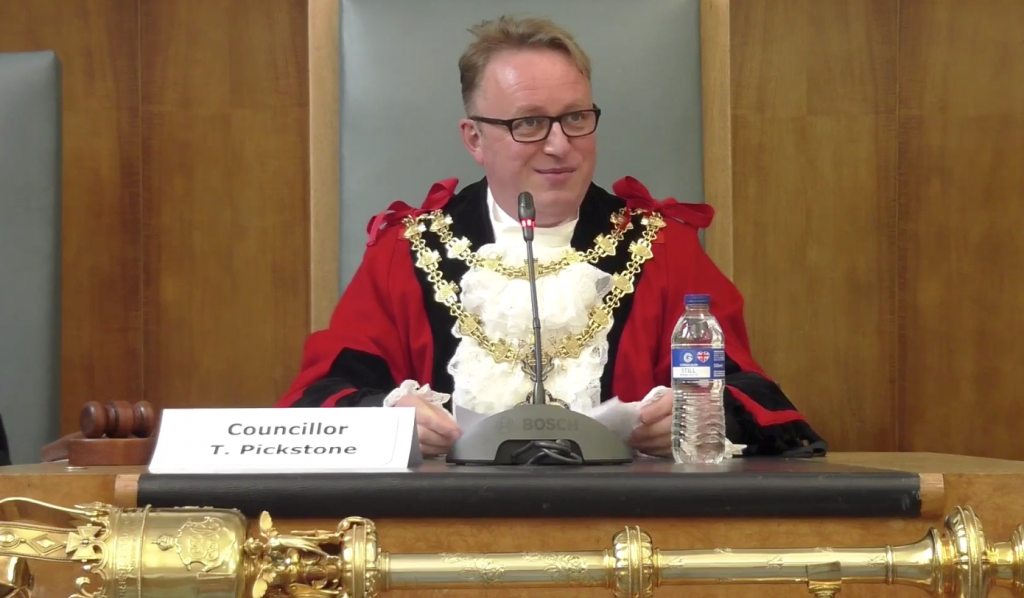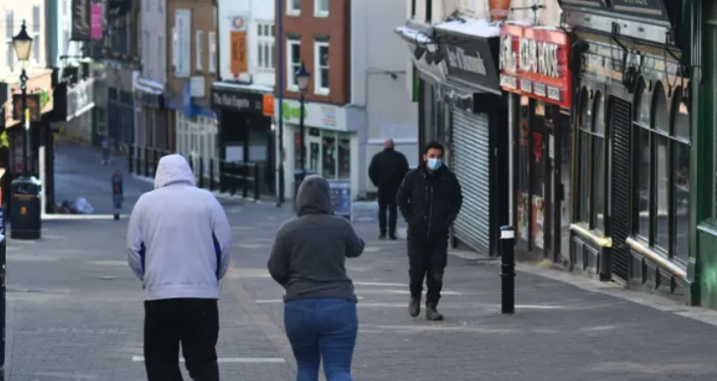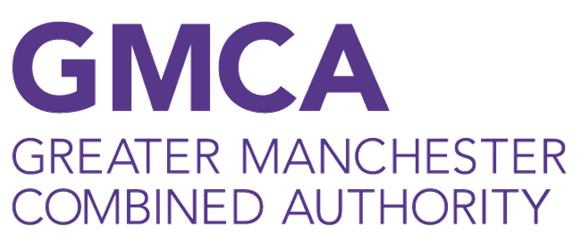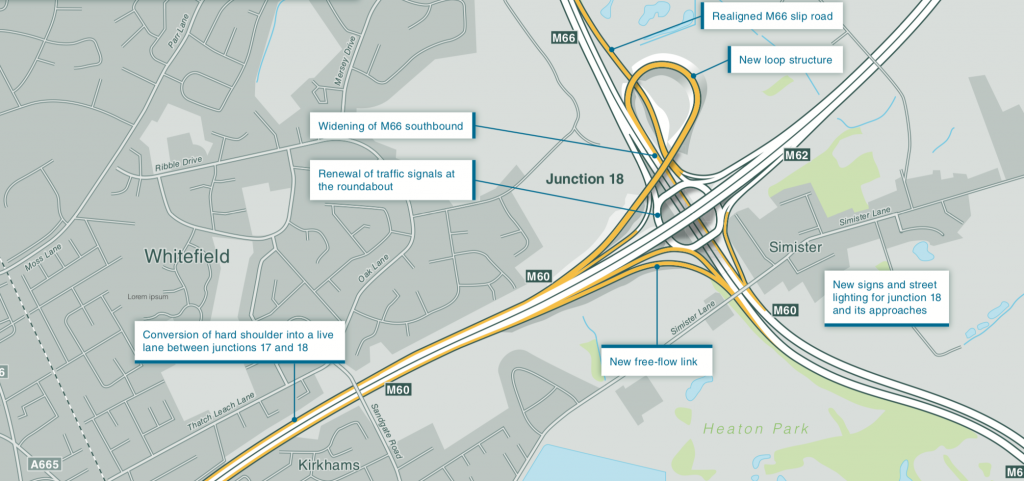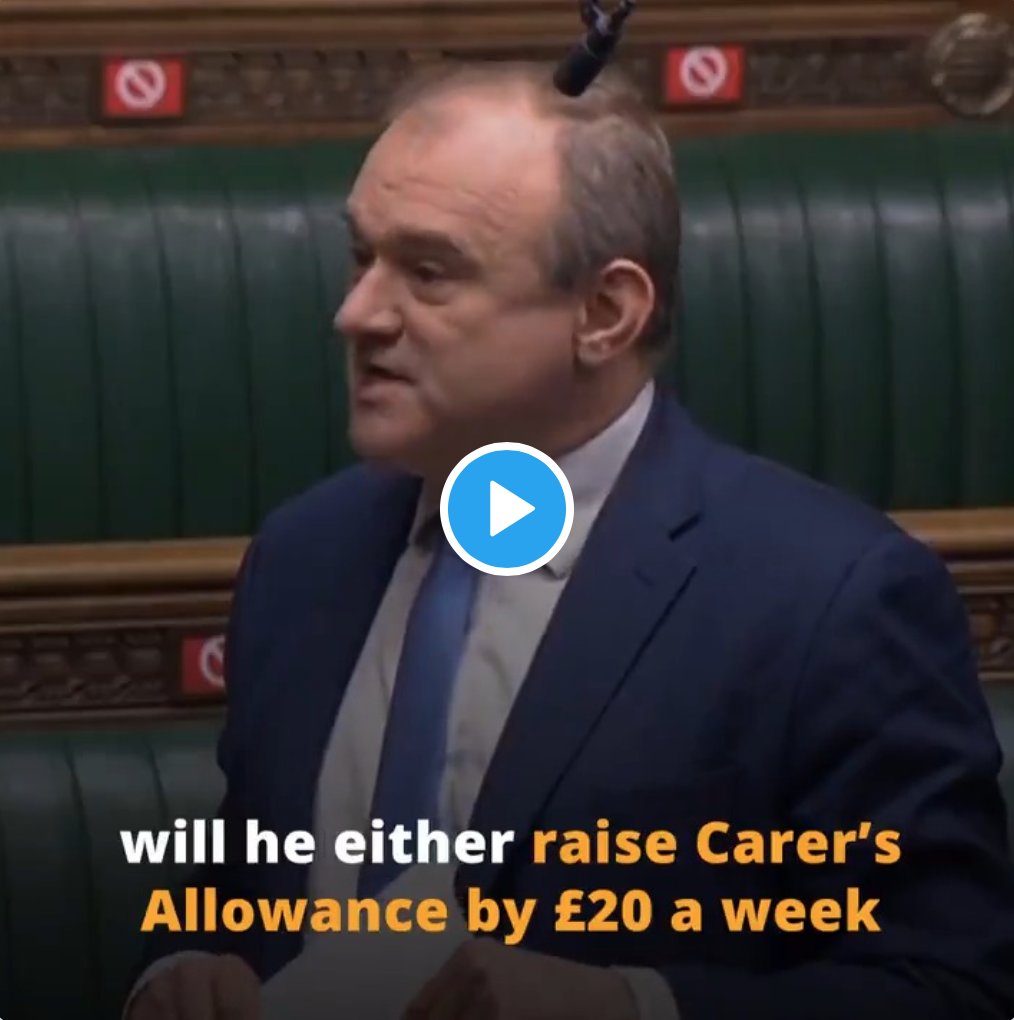Councillor Michael Powell reports back from the Cabinet meeting of Bury Council on 26 May 2021:
East Lancashire Paper Mill site- Plans were approved to bring forward building on the former site of the East Lancashire Paper Mill in Radcliffe. A collaboration agreement will be entered into by the Council with Homes England to begin development of the site for housing.
Acquisition of the Longfield Shopping Centre- The Council are continuing with it’s proposed process of purchasing the Longfield Centre in Prestwich Village and that a property centre manager will be appointed to oversee the purchase. The Council has also confirmed that it is looking at enter a joint venture agreement with developer Muse for the regeneration project and that they expect it to take six months to finalise these arrangements. The paper outlining these plans in more detail can be read here.
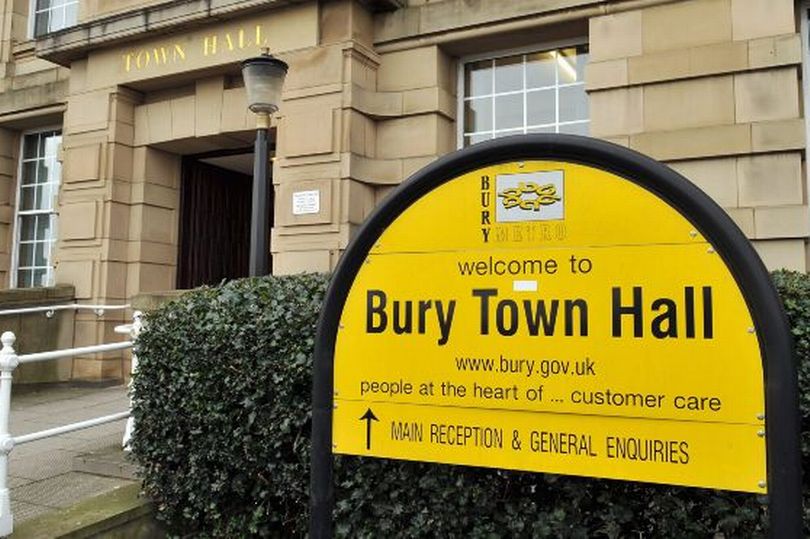
‘Levelling Up’ Bids confirmed- Two bids will be submitted by the Council to the Government’s Levelling Up Fund, one for Radcliffe and another for promoting for development of Bury Town Centre through the establishment of a Bury ‘flexi-hall’.
Banking Services Procurement Process- The decision was approved for Bury Council to become the Lead Authority for the procurement of a banking services framework on behalf of Greater Manchester.
Public Consultation on the draft climate strategy and climate action plan- The Council has produced a draft Climate Action Strategy and Climate Action Plan for Bury to set out what needs to be done to achieve it’s target of becoming carbon neutral by 2038 and it carried out a consultation with residents and other stakeholders on the draft documents. The draft climate strategy breaks down the project into 11 key action areas, including the Green Economy, Environmental Justice and Carbon Offsetting. The full Climate Strategy can be viewed here.
Draft Housing Strategy- The Council commissioned Campbell Tickell to develop a housing strategy for the Borough, which meets the needs of different sections of the population at different stages of their lives. The draft Strategy was subject to extensive stakeholder and public consultation for twelve weeks commencing 30 November 2020 to the 22 February 2021. The paper on the Housing Strategy can be viewed here, along with the findings and responses from the public consultation.
Update on Covid-19 in Bury and the Local Response- A report was presented updating the borough’s position related to Covid-19 and the response locally. The report noted that at the time of writing, England and Bury’s case rate have been falling since mid-March 2021 and Bury until recently had the lowest rate in Greater Manchester and a similar rate to the England average. However, it highlighted growing concerns about rising numbers of cases in the UK particularly in the North West and Bolton specifically of the B617.2 (Indian/Delta) variant. The report also noted that over 100,000 adults in Bury have received their first vaccination and around two thirds of those have already received their second vaccination. Additionally it stated that overall uptake rates in Bury remains amongst the highest in Greater Manchester across all cohorts. The full update can be read here.
Paper from the meeting are here. Any questions please don’t hesitate to ask.

